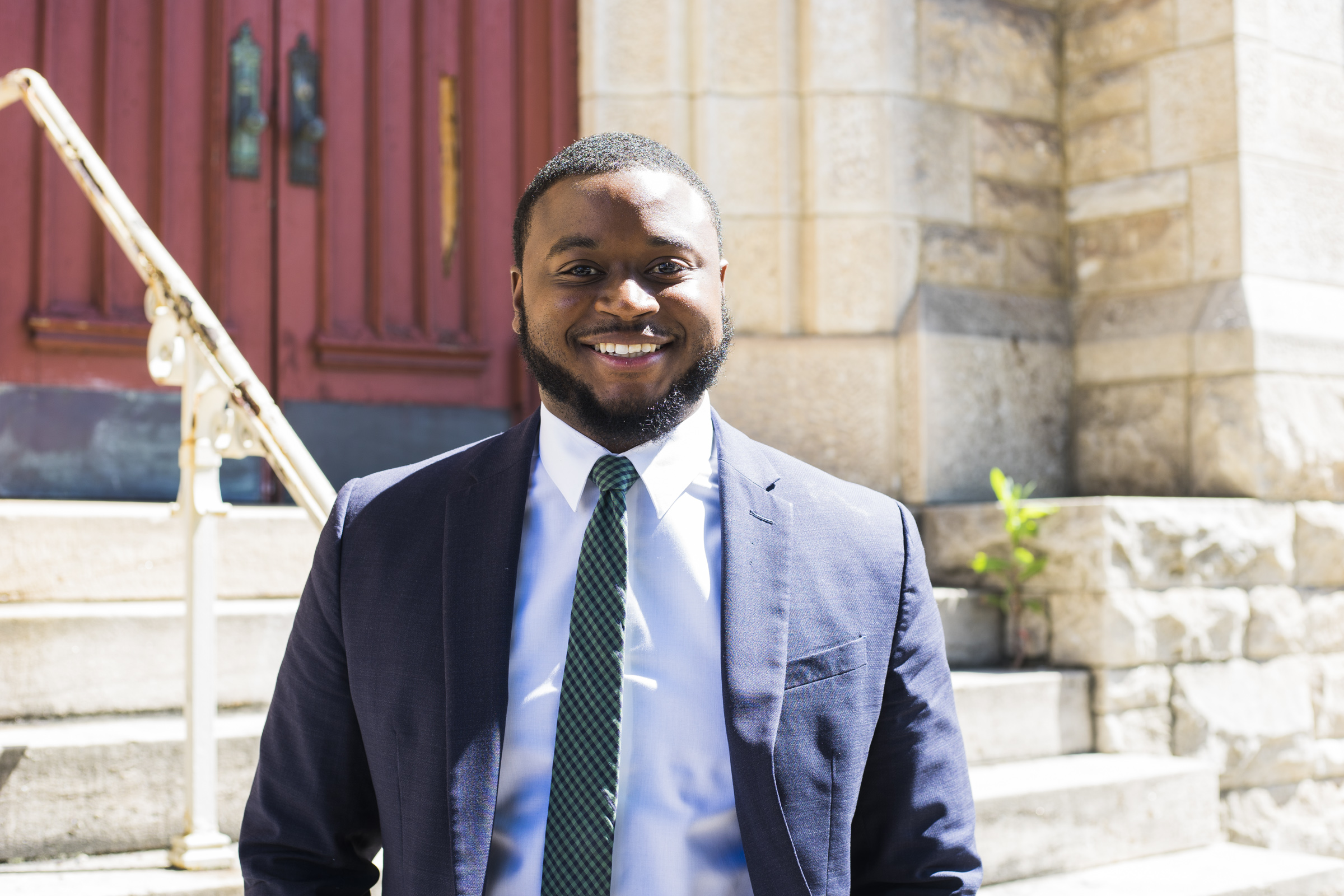This is an opinion piece by Matthew Kincaid, the founder of Overcoming Racism , an organization that seeks to build more equitable institutions through comprehensive race and equity training.
In the wake of the Parkland school massacre, the world has been in awe of how a group of surviving students have banded together to put an end to senseless gun violence taking on complacent politicians and the NRA while organizing a global march in which millions participated. The Parkland students’ courage is commendable and necessary, but they’re far from the first group to advocate for gun control. Seeing how the world has received the Parkland students, activists involved with anti-violence organizations led by people of color all over our nation including Black Lives Matter, Dream Defenders, Peace Warriors, to name a few, are left asking why their reception was so different when they’ve been calling for gun reform for years. The truth is: the most vulnerable among us have always had the closest proximity to gun violence, yet throughout history their stories often are the least likely to be remembered. Their voices least likely to be heard.
Videos by VICE
Mass shootings aren’t the only kind of gun violence — the use of lethal force by police is widespread and disproportionately affects young, usually unarmed, black and indigenous people. Given that the conversations black parents have to have with their kids about interacting with police are starkly different than the ones white parents have, it’s no wonder black students are vehemently opposed to any policies around arming teachers or increasing the number of armed guards on campus. They feel inherently less safe with beefed up security measures because they’re more likely than their white classmates to, at best, be referred to law enforcement, and at worst, be mistaken for a threat and shot.
After Columbine, laws were passed that placed more law enforcement officers in schools in order to curb school shootings. This intervention has proven ineffective, leading instead to black and brown students being arrested in schools for minor rule violations, and in some cases for nothing at all. “Colorblind” solutions to this problem don’t take into account that schools are more segregated now than they were forty years ago, and when the voices of students of color are ignored, we rely on solutions that don’t address the problem for all students.
“Many have recognized that black advocacy groups like Black Lives Matter have paved the way for their fight on gun reform, and they’ve been recognizing publicly that privilege has afforded them a much bigger platform and a warmer reception than their black and brown counterparts.”
Reducing the threat of lethal force has been at the center of many black advocacy groups’ calls for gun reform. Black Lives Matter focuses on ending state-sanctioned gun violence (racial profiling, shooting unarmed civilians/using lethal force where it isn’t warranted). Other black-led groups, like Dream Defenders, have been fighting for the repeal of “Stand Your Ground” in Florida. And Campaign Zero is all about reducing the killing of black civilians by police through policy change, including strictly regulating the use of lethal force and improving police union contracts. Other groups are calling for gun reform in response to violence in their own neighborhoods, like Mothers In Charge, the Newark Anti-Violence Coalition, Crown Heights Mediation Center and Cure Violence, to name a few.
Check out more videos from VICE:
Detractors of the Black Lives Matter movement often argue that patterns of intercommunal violence somehow negate the calls from black activists for police reform. These detractors fail to recognize that to address this violence, we have to face the reality of systemic racism. My organization, Overcoming Racism, focuses on addressing racism in schools. Systemic racism ensures many black and brown children will receive a lower quality education than their white peers, while being taught by the least experienced teachers and having the least access to advanced placement courses.

Black students are three times more likely to be suspended or expelled for behavior teachers overlook or opt not to punish from white students. They are perceived to be less innocent than their classmates, and are rarely offered culturally affirming images of blackness inside or outside of the classroom. Conversations about ending gun violence can’t revolve solely around its symptoms. They also have to address its causes.
Fortunately, Parkland students are not perpetuating destructive myths in their pursuit of long term change— many have recognized that black advocacy groups like Black Lives Matter have paved the way for their fight on gun reform, and they’ve been recognizing publicly that privilege has afforded them a much bigger platform and a warmer reception than their black and brown counterparts. The question is whether or not their public reflection will cause us to reflect on our penchant to silence black dissent, regardless of how peaceful, well organized, or “articulate” it is.
Everyone affected by gun violence should have a voice. As people applaud and embrace this new wave of student activism, let’s think about the voices we aren’t hearing and why, and ask ourselves how we can bring those voices to the forefront.
Contact your representative to tell them where you stand on gun control.




